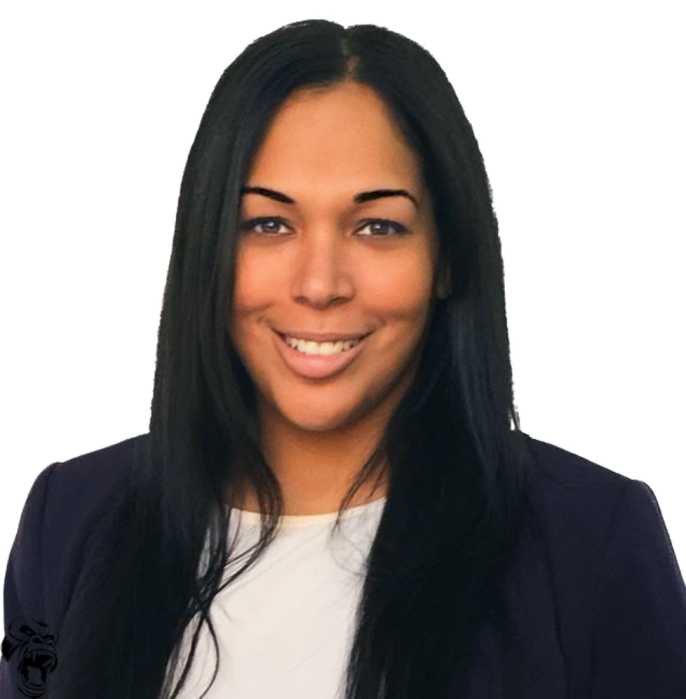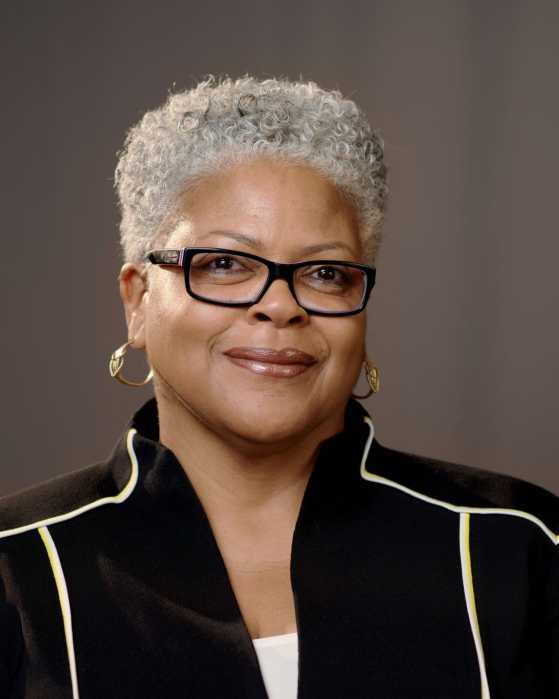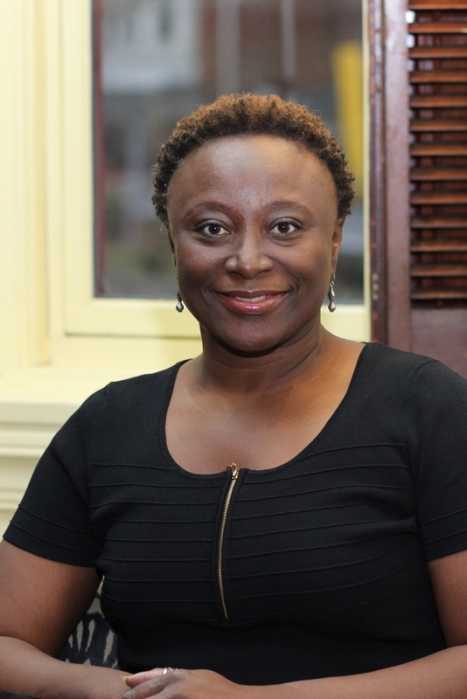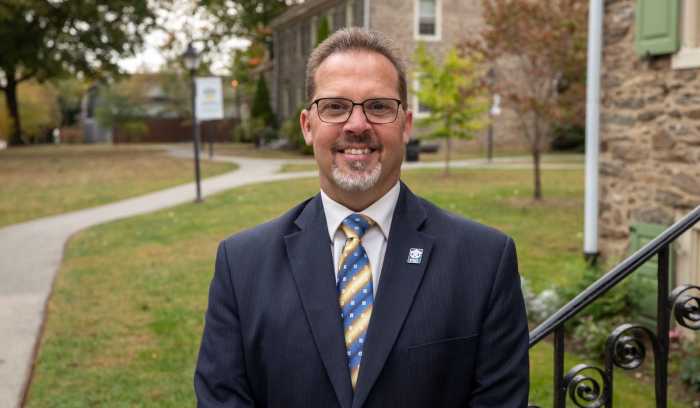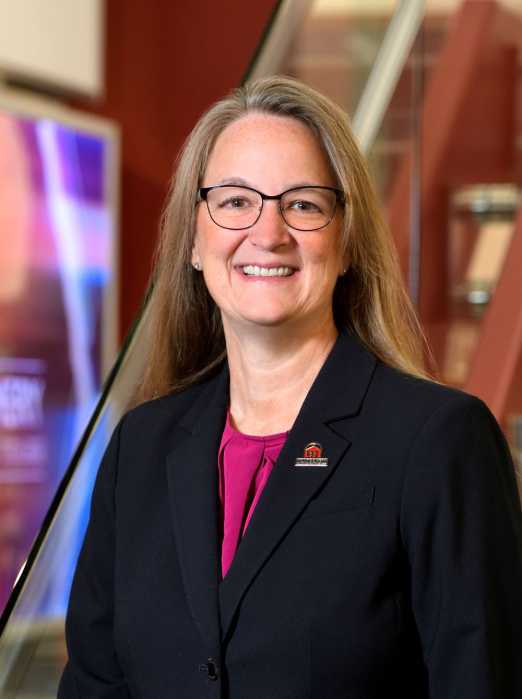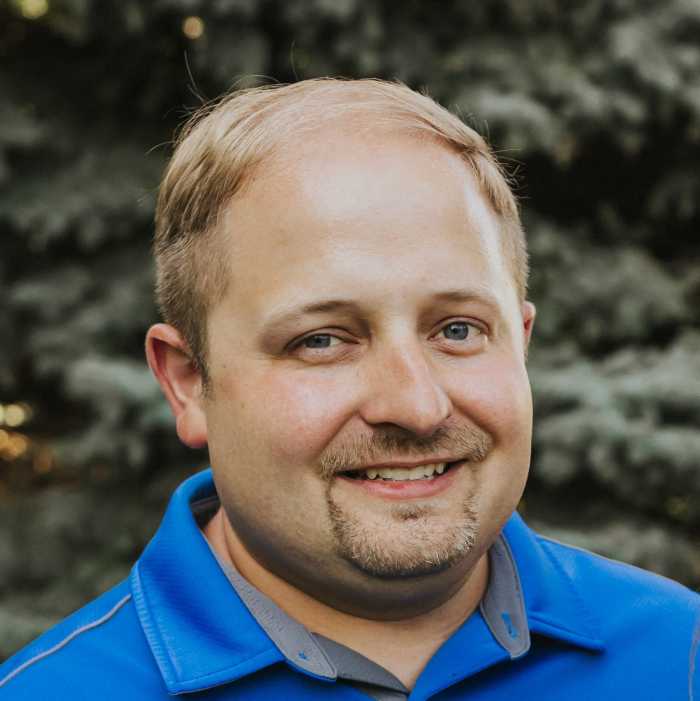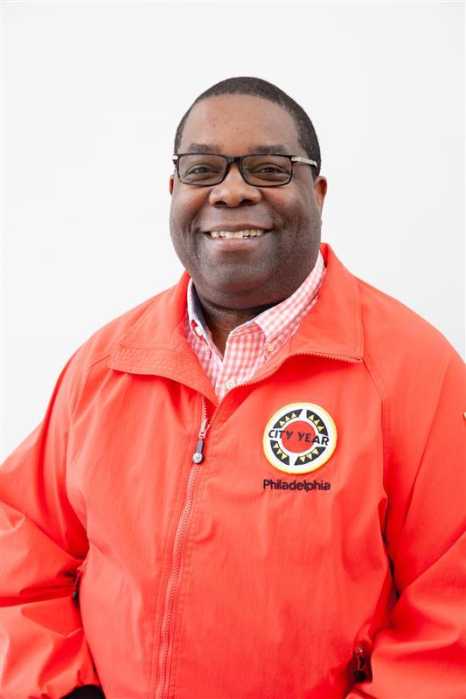Michelle Allen is a Philadelphia native with a passion for education and social justice advocacy and activism. In her current role as executive director at the Children’s Literacy Initiative, she leads the business development and implementation of CLI’s mission by providing equity-centered coaching to school leaders and teachers. Before CLI, Michelle led the recruitment team at KIPP Philadelphia Public Schools to ensure an effective educator in every classroom. She also worked with Mastery Charter Schools as a founding turnaround assistant principal and as an elementary school teacher for the School District of Philadelphia.
What is something you have learned from your students?
As an elementary teacher in the School District of Philadelphia, I have seen and experienced the value of cultivating authentic connections. Like many students across our regions, the students I worked with came from diverse backgrounds with unique stories, and they aren’t code-switching. When a child enters the school building and engages in the classroom, they are bringing in their whole selves. This presents educators with an excellent opportunity to celebrate each student’s unique perspective, share through storytelling and bond-building, affirm their identity, and cultivate an authentic classroom environment that can transform a child’s life.
What was your favorite moment or experience in your own education?
In my junior year at Roxborough High School, I studied abroad in Japan. It was an incredible experience, engaging with people from different cultures with unique customs and traditions. I saw first-hand that despite our cultural distinctions, we all have much more in common, like valuing family, love, and security. I carry those moments with me today in my work. As educators, we must see and respect each child’s unique genius. Classrooms should be equitable spaces where children can exchange diverse stories and transformative learning can take place. That’s how we create equity and lasting change in our communities.
What conditions do you think are necessary for a safe and effective learning environment?
A safe and effective learning environment is a by-product of intentional investments in the success of our children and teachers. We have to ask ourselves, are we really putting our children first? Transformative learning happens anytime we shift our view on educational equity and reevaluate our values. Impactful learning happens when we rethink the power dynamics and begin viewing the educating of our children as a joint responsibility done together alongside our children. Let’s continue to reevaluate our approach, challenge the status quo, and re-envision learning. That’s what my work is all about!
How do we ensure those without privilege have equal access to quality education and opportunity?
We can achieve equity in education when the community of stakeholders across the spectrum, from state and city politicians, school district leaders, and principals to teachers, parents, and guardians, are willing to ask tough questions and accept honest answers regarding the current state of education. It all points back to intention, investment, and inclusion. We must become more intentional about our decisions regarding our children’s education and how we adequately equip teachers and classrooms.



